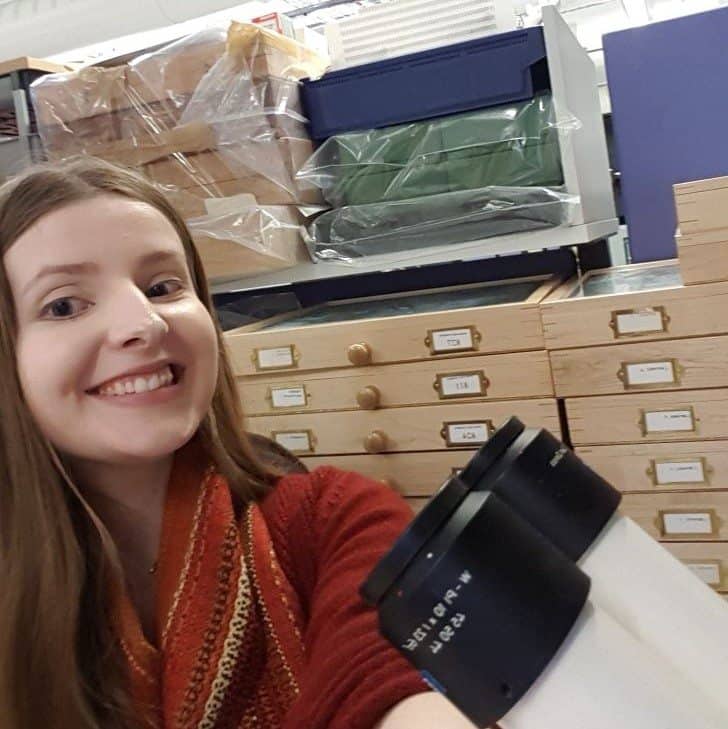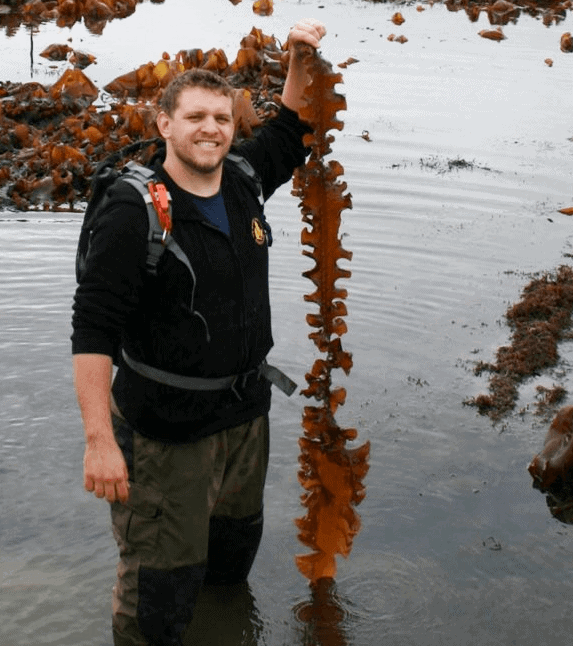-
Asked by anon-295502 on 8 Jun 2021.0
Question: Do you think that the project is likely to help us find ways of advancing agriculture in the future? If so, how?
- Keywords:
-
Sujai Kumar answered on 8 Jun 2021:
Great question.
Absolutely! I can give one specific example from working on lepidoptera (i.e. butterfly and moth genomes).
Currently, a lot of pesticides are bad because they don’t just kill the moths that are pests, but they also kill other beneficial insects, for example – pollinator bees/flies etc.
Because we will know the full genomes of some of the moth species that destroy crops, we can look for essential genes that are only present in those species, which can be targeted by highly specific pesticides.
In this way, the newly designed pesticides will kill/deter ONLY the pests that destroy the crop, rather than killing all the “good” insects and leaching into the ecosystem to destroy other creatures.
– Sujai
-
Rebecca Yahr answered on 9 Jun 2021:
Hi Isabella,
Science is an interesting field for so many reasons: sometime scientists set out to directly answer a question or test a hypothesis, but sometimes in answering one question, they find information relevant to another one. Curiosity-driven research like the Darwin Tree of Life is certain to impact many fields of research down the line, but we can’t always predict what that impact will be.
One really important part of the research is in sequencing fungal genomes; already, there are many hundreds of fungal genomes, but this effort will tackle species that are much more difficult to access, like some of those really important fungi that live in plants, helping them access water and nutrients and to fend off disease or increase resistance to drought. How they do all these important jobs is an open question for many species and genomes will open the door to many new ways of asking these questions. An observation in a genome sequence may lead to an experiment in a lab or a trial in a field down the line. -
Alexandra Davey answered on 10 Jun 2021:
Sequencing the genomes of plants that are closely related to crop species can help us to find, and understand, genes that may be involved in resistance to pests or tolerance of drought, soil salinity, etc. This can help breed new varieties of crop plants that are better-adapted to harsh conditions.
Related Questions
Latest Questions
-
What is the species you are most excited to investigate?
-
What’s the most interesting species you’ve studied?
-
What is the Devil’s Coach Horse’s closed relative?
-
What is everyone’s favourite bug?
-
What drew you the species that you study?
-
What A-Level results did you get?
-
Is this always what you wanted to do??
-
how does nitrogen and dry ice preserve dna ?
-
Have you seen any effects of climate change on the aquatic environment/ organisms?
-
do you actually like worms or do you just pretend? (i am terrified of worms)
Latest Comments
-
Do all butterflies migrate? Are they all as extreme as the monarch butterfly? (1 comment)
-
🍄🧬 Chicken of the Woods: Our first fungus genome (1 comment)
-
When did you leave your parents? (1 comment)
-
How long have you worked in the field you work in? (1 comment)
-
How do you ensure that your DNA samples haven't been contaminated? (2 comments)







Comments